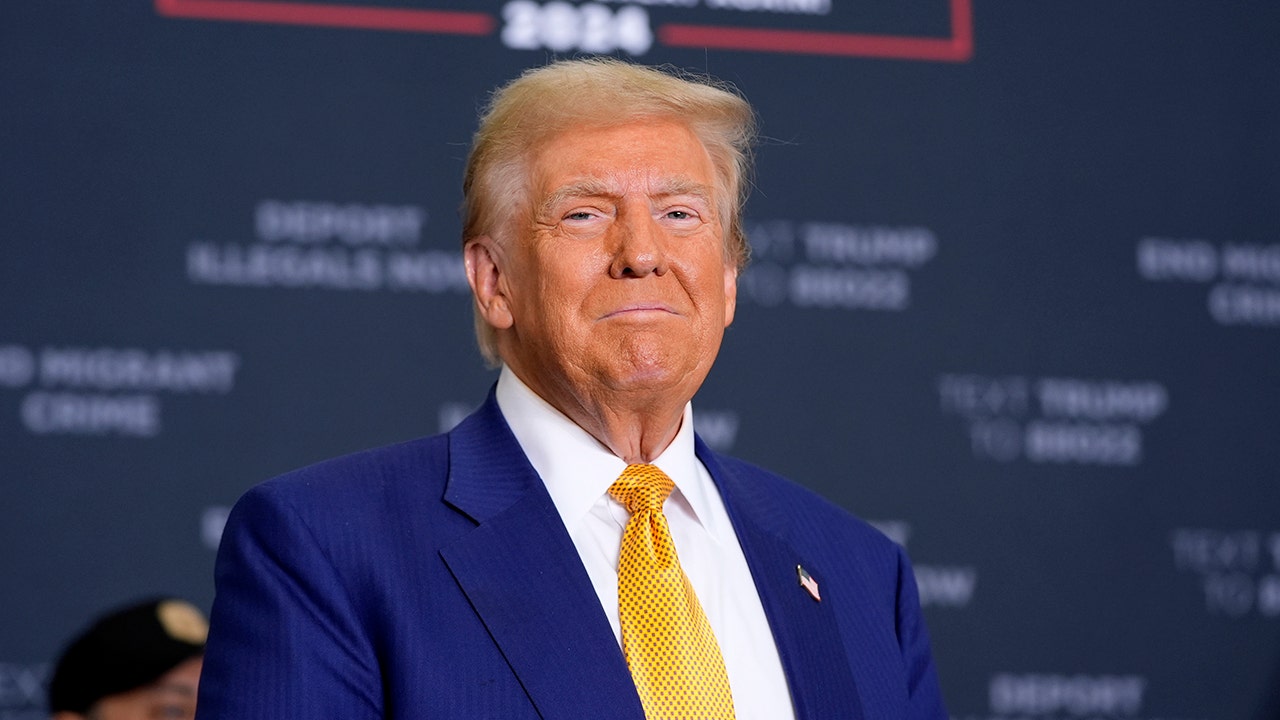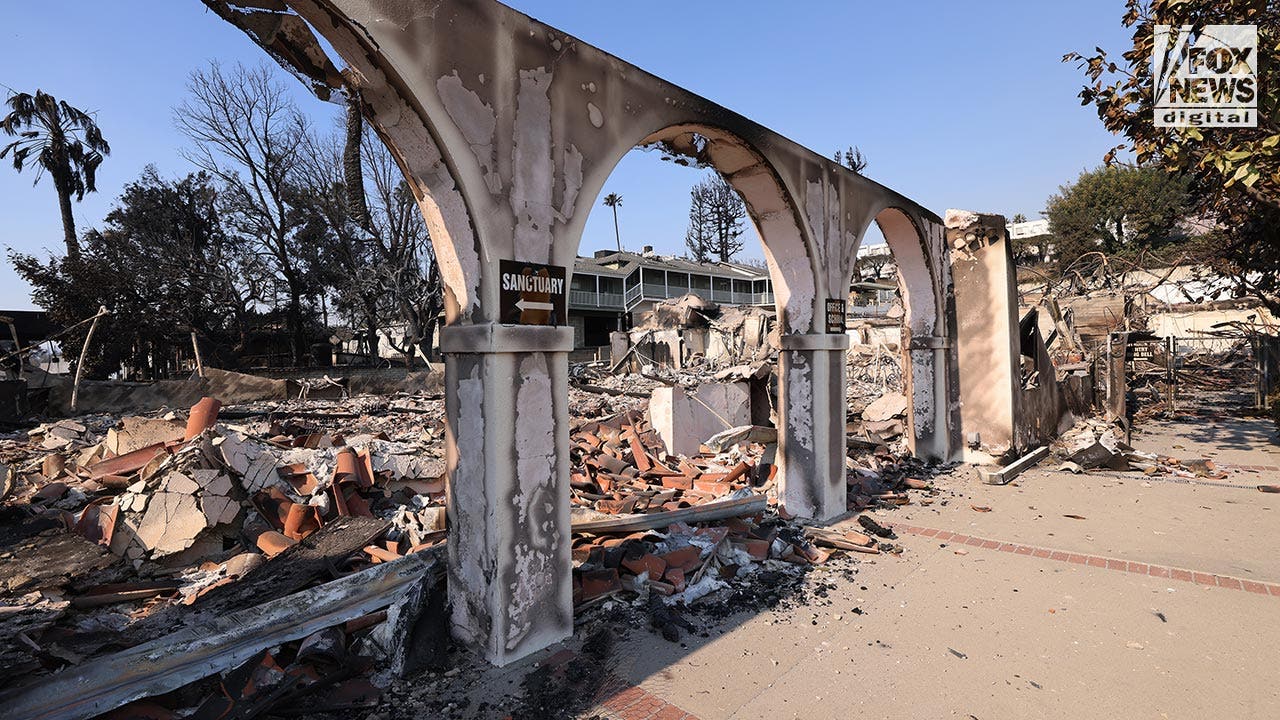Hunter Biden was convicted of, among other things, being a drug user in possession of a firearm. Hunter did some of the hard stuff, the kind of things that aren’t likely to be legalized anytime soon, but it doesn’t really matter.
You see, while marijuana enjoys some degree of legalization, crack doesn’t. Nor will it.
But to the Department of Justice, that doesn’t matter, either.
You see, while states legalize it, the DOJ keeps threatening to go after gun owners who use it in compliance with their state laws.
As more states increasingly legalize the recreational use of marijuana—24 states according to CBS News currently do—the move has put gun owners who like to toke and can legally do so according to their state’s permittance into a legal conundrum when purchasing a firearm: How to honestly answer question 21(f) on ATF Form 4473 without committing perjury and leave the store with their firearm? The answer is, they can’t.
The question asks, “Are you an unlawful user of, or addicted to, marijuana or any depressant, stimulant, narcotic drug, or any other controlled substance?” Upon that reading, many pot-smoking gun owners who think they’ve watched enough courtroom movies to make them an armchair lawyer would think the “unlawful” terminology gives them a loophole.
“Hey man, I “legally” smoke it so I’m good,” some have argued.
Sorry to harsh your mellow, but that argument will only land you in legal jeopardy since smoking marijuana is still banned under federal law and that is all the ATF cares about on the Firearms Transaction Record Form 4473. In fact, to avoid this confusion for people completing the form, the ATF added the following warning immediately below question 21(f) on January, 16, 2017, “Warning: The use or possession of marijuana remains unlawful under Federal law regardless of whether it has been legalized or decriminalized for medicinal or recreational purposes in the state where you.”
So the question is, why?
It’s the law isn’t a sufficient answer, either. After all, marijuana is prohibited at the federal level, at least for the time being, so the consistent response from the DOJ would be to shut down dispensaries. Those are in violation of federal law, so if it were a matter of simply upholding the law, they’d act.
Yet, through three presidential administrations consisting of both parties, they haven’t. They’re choosing which laws to enforce, particularly with regard to marijuana usage.
But there’s one other reason often given:
The DOJ maintains that disarming marijuana users is a necessary measure to ensure public safety. They argue that regular drug users are prone to misuse firearms due to drug-induced impairments in cognitive function and judgment. Moreover, they claim that drug users might commit crimes to sustain their habits, posing a danger to society. This argument, however, has been met with skepticism. Critics argue that such blanket assumptions about marijuana users are not only outdated but also lack substantial evidence. A number of pro-use groups have also filed briefs in the case, according to Green Market Report. At the same time, there are plenty of gun owners opposed to marijuana use as well, so even within the firearms community, there is some disagreement on the matter.
Now, that argument might fly with harder drugs, but while legalized marijuana might be linked to an increase in property crimes in some places–and that’s not a slam dunk by any stretch–there doesn’t seem to be any suggestion of violent crime being associated with its use.
Moreover, while the piece at The Truth About Guns linked above correctly points out that the Rahimi decision allows the disarming of dangerous people, there’s really not any evidence that anyone or anything is threatened by marijuana users other than the snack food aisle at Aldi’s.
And honestly, there’s likely more risk of alcoholics owning guns than marijuana users. I don’t support prohibiting gun ownership for either, but if we’re going to say that potentially dangerous people should be disarmed, well, why stop at marijuana users?
It would be one thing if the laws prohibited gun use while under the influence of intoxicants, such as marijuana. There were similar laws dating back to the time of the nation’s founding, so there’s no doubt those would be consistent with the Bruen decision entirely, particularly post Rahimi, so those could be upheld readily enough. It would also address the “dangerous individual” aspect since a drug addict who isn’t using at the moment isn’t necessarily dangerous.
But that isn’t the law and the DOJ isn’t going to go out of its way to make anything easier on marijuana users, even if they’re following state laws. It has nothing to do with marijuana, though.
This is all anti-gun sentiment.
Read the full article here










